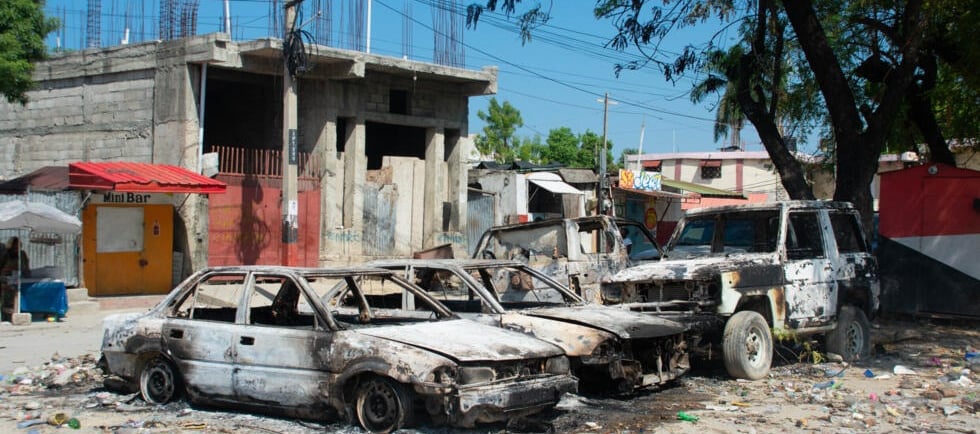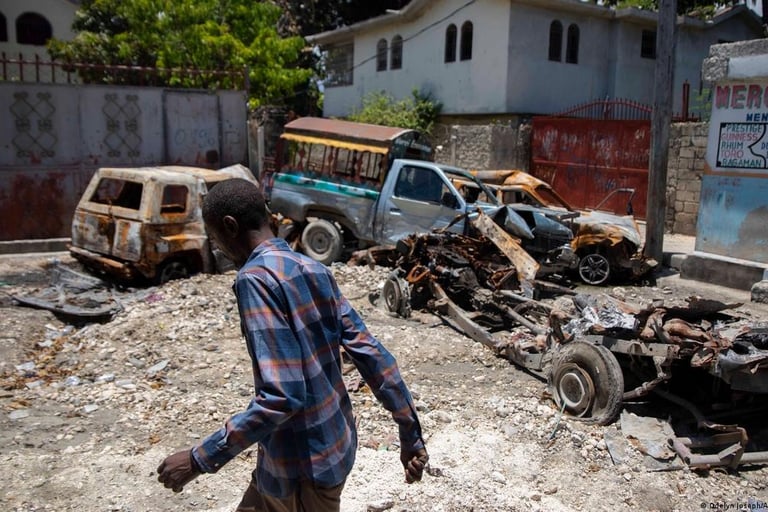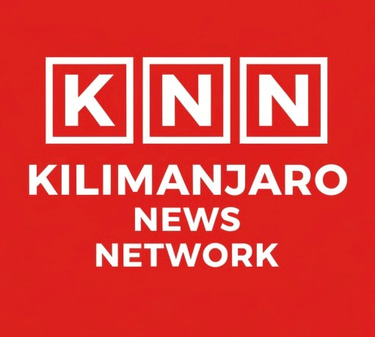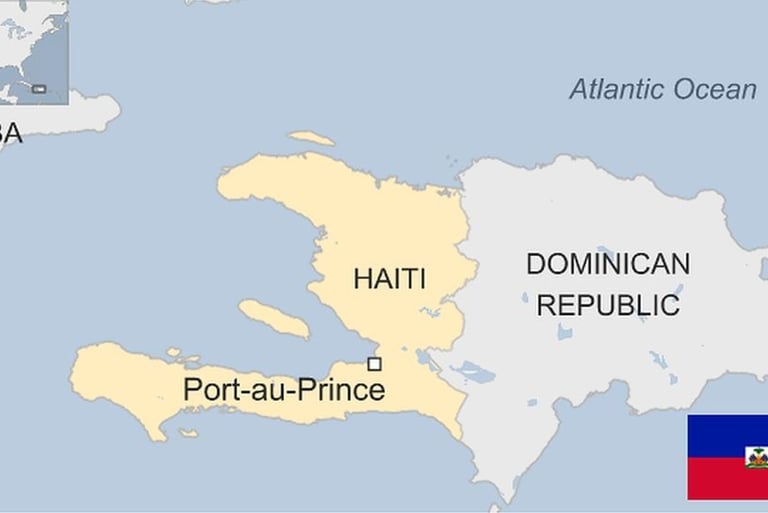The Haitian Crisis Explained: The Role of France and the United States
As smoke billows over Port-au-Prince, the once vibrant capital of Haiti, the streets echo with sporadic gunfire, a grim soundtrack to a nation on the brink. This isn't a scene from a dystopian film; it's the chilling reality for millions of Haitians grappling with a seemingly endless crisis. To understand the roots of this despair, we must travel back in time, to a revolution that promised freedom but delivered a different kind of burden
WORLD AFFAIRS
3/13/20244 min read


As smoke billows over Port-au-Prince, the once vibrant capital of Haiti, the streets echo with sporadic gunfire, a grim soundtrack to a nation on the brink. This isn't a scene from a dystopian film; it's the chilling reality for millions of Haitians grappling with a seemingly endless crisis. To understand the roots of this despair, we must travel back in time, to a revolution that promised freedom but delivered a different kind of burden. Kilimanjaro News Network examines the role France and the United States played to bring this once great nation to its knees.
From Revolution to Ransom:
In 1804, Haiti defied the odds, becoming the first nation in the world to successfully overthrow a system built on slavery. This historic victory, however, came at a devastating cost. France, the defeated colonial power, demanded a staggering indemnity – the equivalent of billions of dollars in today's terms – as compensation for lost property and slaves. This "debt of independence" crippled Haiti's economic development for much of the 19th century, hindering infrastructure projects and investment. It was a ransom extracted for the very act of liberation, a heavy weight on a nation yearning to breathe free.
The 20th Century's Scars:
The 20th century brought little respite. The early 1900s saw the U.S. occupation of Haiti, a period shrouded in political instability and exploitation. While the American presence aimed to safeguard their economic and strategic interests, it ultimately fuelled resentment and hindered Haitian self-determination. Local leaders were propped up or toppled based on their loyalty to foreign interests, further eroding trust in government institutions.
The Perfect Storm:
Following the U.S. withdrawal in 1934, Haiti descended into a cycle of dictatorship and corruption. Decades of mismanagement left the nation ill-equipped to weather future storms. In 2010, a devastating earthquake shattered the already fragile infrastructure, exposing the vulnerability of millions. Poverty, a legacy of the past, became a desperate present, with chronic food insecurity plaguing vast swathes of the population.
The Rise of Gangs:
In this volatile landscape, armed gangs emerged as a powerful force. They filled the void left by a weak and corrupt government, offering a twisted sense of security in exchange for allegiance. Gang violence has become a terrifying reality, with armed groups controlling vast swathes of territory, extorting businesses, and displacing residents. Jimmy Chérizier, also known by the chilling nickname "Barbecue," leads a particularly brutal gang federation known as G9 Family and Allies. Barbecue and his gang are notorious for kidnappings and violence, a symbol of the lawlessness plaguing Haiti.
A Glimmer of Hope, a Dwindling Light:
The recent assassination of President Jovenel Moïse in 2021 plunged the country further into political turmoil. Prime Minister Ariel Henry, facing mounting pressure and accusations of legitimacy issues, agreed to resign upon the formation of a transitional council. International efforts to quell the violence have been met with mixed results. Kenya, for instance, initially pledged to send troops as part of a peacekeeping force, but later withdrew their offer due to the lack of a functioning government.
A Path Forward, and a Question of Responsibility:
Haiti's future remains uncertain. The international community can play a crucial role by providing support with clear accountability measures, ensuring resources reach those most in need and don't line the pockets of corrupt officials. However, long-term solutions must be Haitian-led. Addressing corruption, fostering economic development, and building strong institutions are essential steps towards a more stable future
.
Haiti's plight compels a deeper reflection. Should the former colonial power, France, and the United States, who occupied Haiti for nearly two decades, bear any responsibility for the nation's current instability?
The U.S. intervention, initially motivated by a desire to safeguard American economic and strategic interest, ultimately propped up repressive regimes. The U.S. withdrawal in 1934 was as abrupt as its arrival, leaving behind a power vacuum that fuelled further instability.
Haiti stands as a scar on the conscience of the Western world, a stark reminder of the enduring legacy of colonialism and foreign intervention. The Haitian people, with their rich history of resilience, deserve a chance to break free from the shackles of the past. Only through a collective effort, with a clear-eyed understanding of history's burdens, can Haiti finally emerge from the shadows and claim the future it was always meant to have.
Kilimanjaro News Network would like to hear from you directly.
France demanded a crippling indemnity from Haiti after the revolution. Should former colonizers bear any financial responsibility for the economic struggles of nations that fought for their freedom? How can the international community ensure a more equitable path to independence for future generations?
The U.S. intervened in Haiti with the stated goal of safeguarding its economic and strategic interests, but ultimately propped up a repressive regime. Can foreign intervention ever be truly beneficial, or does it inevitably create unintended consequences? What are the ethical considerations for when, and how, the international community should intervene in a nation's affairs?
Decades of dictatorship and corruption followed the U.S. withdrawal from Haiti. How can a nation rebuild trust in its government after a period of foreign influence and internal instability? What concrete steps can be taken to ensure long-term stability and prevent future cycles of violence and unrest?
Haiti's current crisis can be traced back, in part, to the actions of France and the United States. Do these nations have a moral obligation to assist in Haiti's recovery? If so, what form should this assistance take, and how can it be structured to avoid repeating the mistakes of the past?
Send us your messages. Remember to like, share, and subscribe to Kilimanjaro News Network - the authentic voice of Africa. Scan our QR Code and visit our YouTube Channel for more news coverage and unique analysis. Kilimanjaro News Network broadcasts in Swahili, Arabic, English and French.





